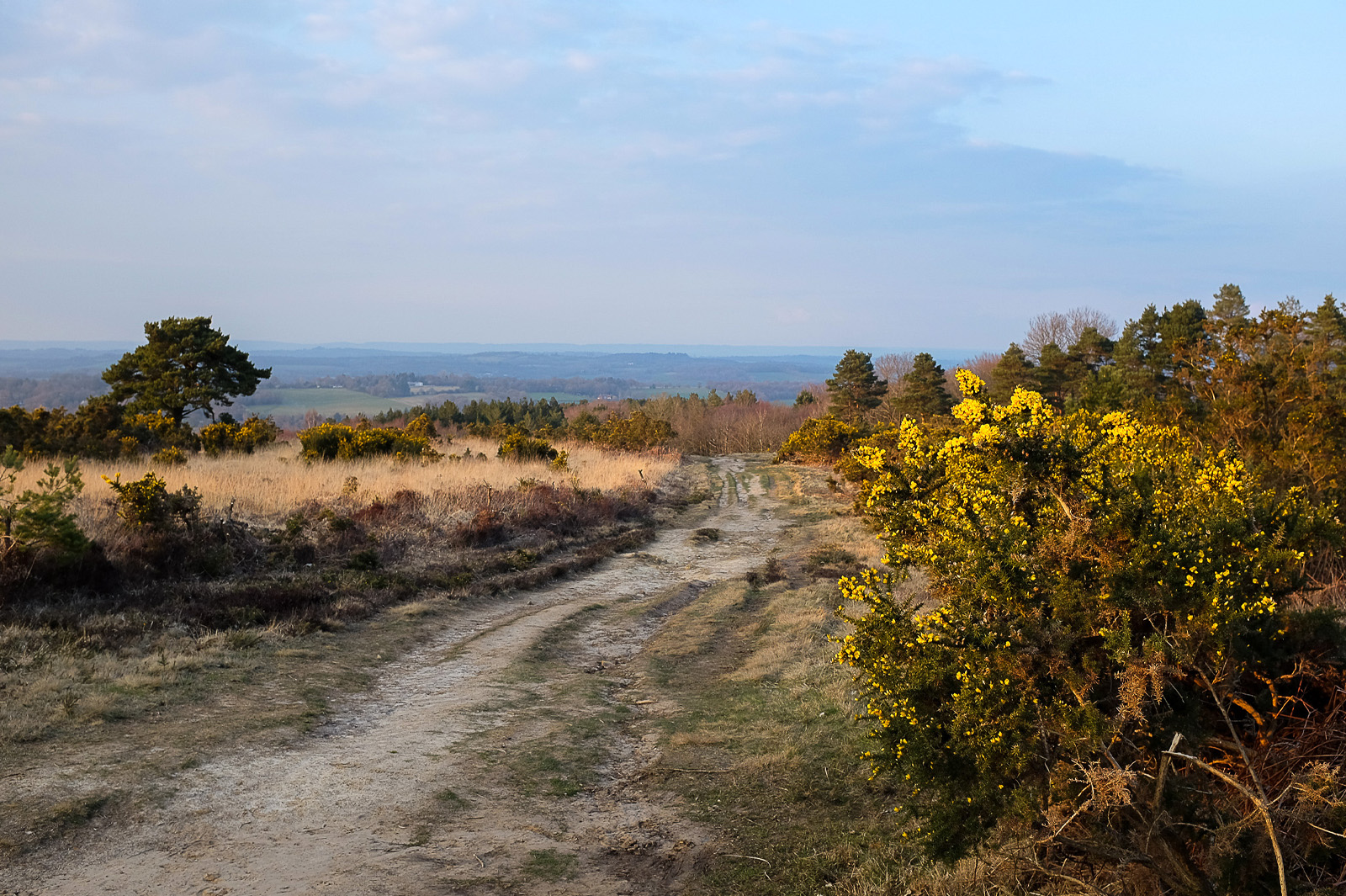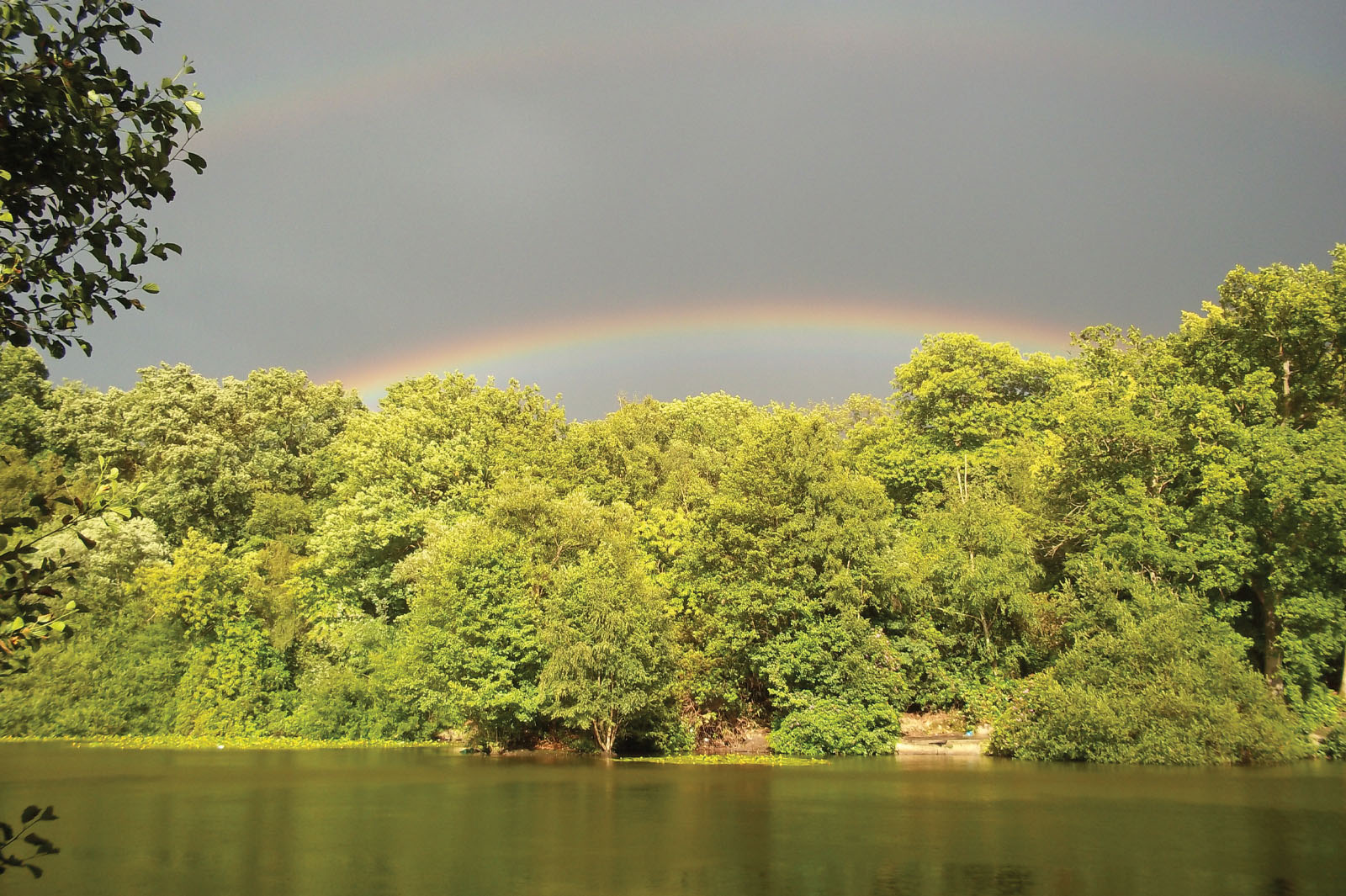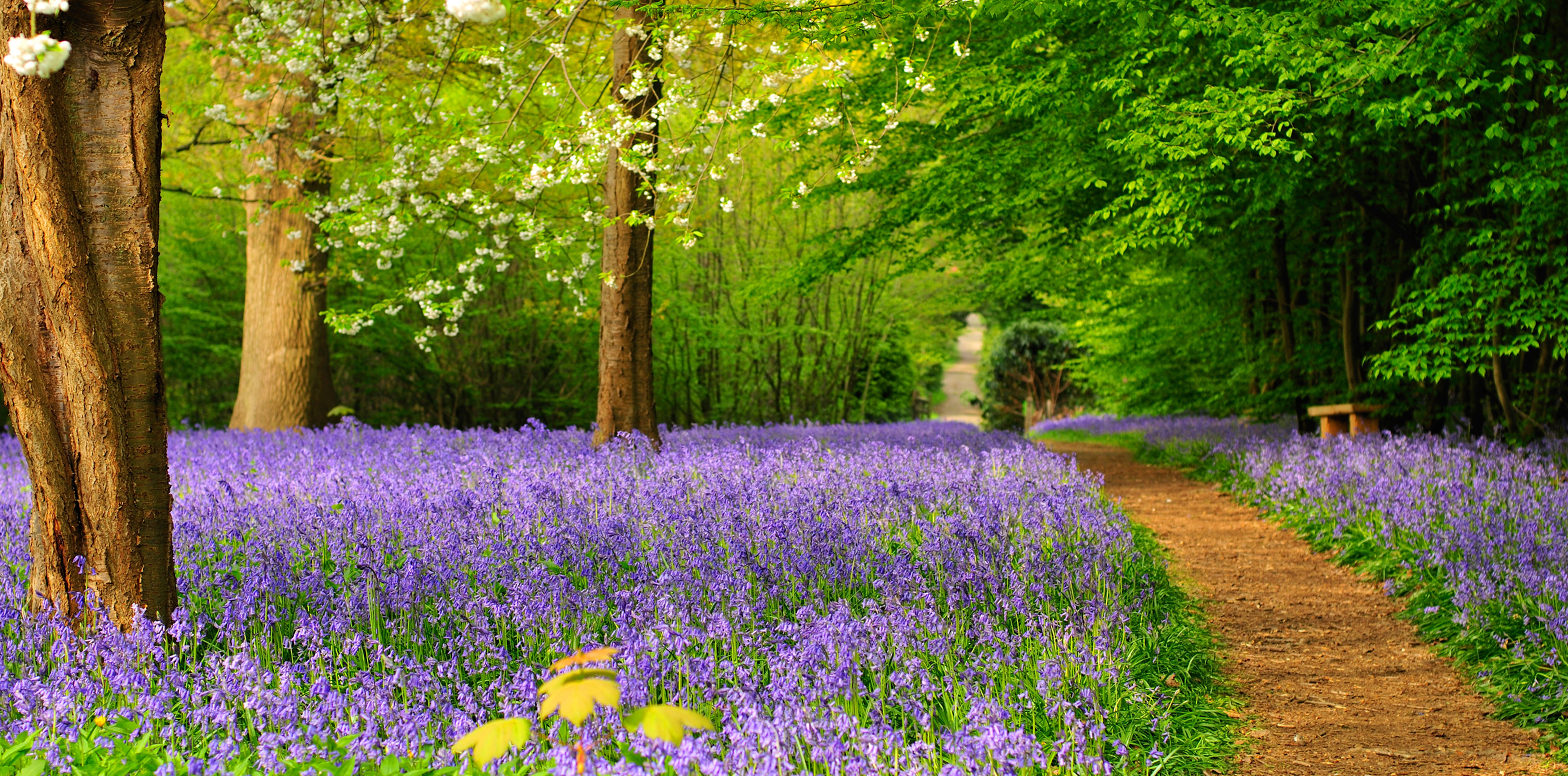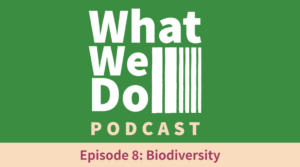Biodiversity is in serious decline with many species having suffered dramatic drops in population. Climate change, land management, development and recreation all pose threats to biodiversity.
Conserving and restoring natural habitats enhances biodiversity and provides vital ecosystem services.
The Council is working with key stakeholders on a range of projects and initiatives to protect our most important sites, improve all habitats for wildlife across the borough and build in resilience to climate change. Our partners include Natural England, Kent Wildlife Trust, Kent County Council, Kent Nature Partnership and the Kent High Weald Partnership.
Trees
Woodland is a valuable resource within the borough, and ancient woodland in particular is a habitat of major importance to nature conservation. It plays host to a number of protected or notable species and is a key feature of the landscape character and historic fabric of the borough.
Trees and hedgerows provide habitat for many species of mammals, birds, and insects. Whilst all wildlife is important, some species are legally protected, including nesting birds and bats.
Find out more about trees and woodland management within TWBC.
The Queen’s Green Canopy
The Council is working in partnership with Town and Parish Council’s and ‘Friend’s’ groups to take part in the Queen’s Green Canopy. This is a unique tree planting initiative to mark the Queen’s Platinum Jubilee in 2022.
We will provide 700 trees for free and 70 specimen trees at a subsidised rate. Our partners will be identifying suitable locations and we will provide information on planting and after care.
Find more about the scheme from one of our latest news items ‘Queens Green Canopy’
Our own biodiversity agenda
Our local plan includes strategies for biodiversity and ecological management.
Here are some examples of the work our parks and planning teams have done (and are planning) to improve the biodiversity across the borough!
Our Parks Team
Our Planning team
Biodiversity Podcast
Listen to our podcast to find out more about biodiversity, and about how we at TWBC are working to preserve and improve it:
Tunbridge Wells Borough Council – Pesticide Policy
The growing concern around the use of pesticides and trends in reduction
Throughout the UK many Councils are considering the use of horticultural chemicals which have traditionally been used as a cost effective way to control fungi, insects, plant disease and weeds amongst others.
There is growing public concern over the use of horticultural chemicals in public open spaces in particular the possible health effects on humans through the exposure to pesticides and herbicides, especially the impact on children.
Read the full TWBC – Pesticide Policy













